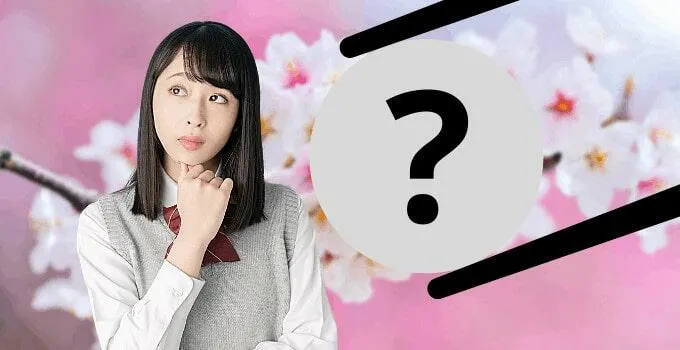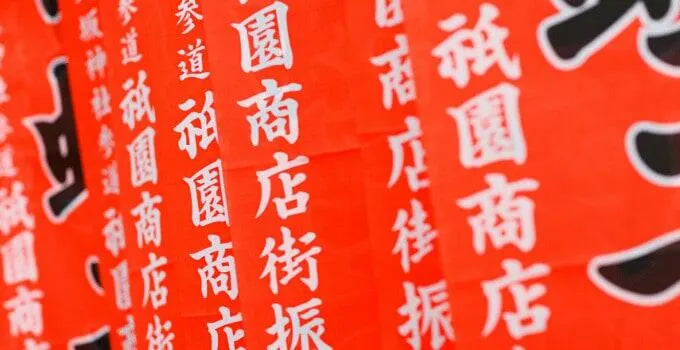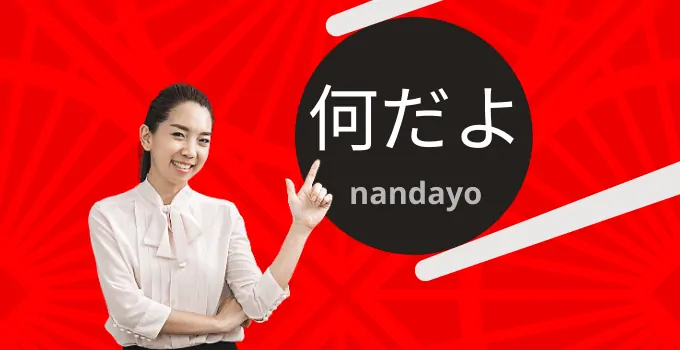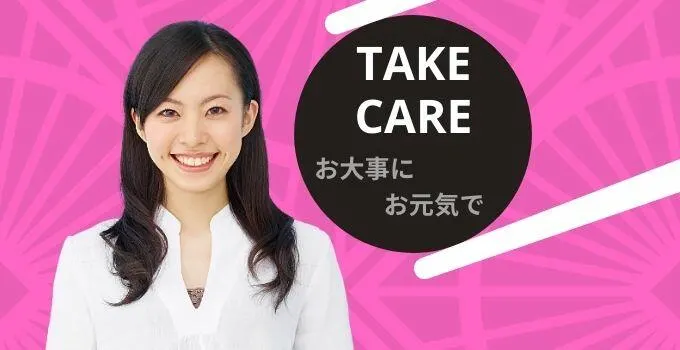If you’ve read even a single blog post on this website before, you probably know that a lot of language comes down to context. One great example is the difference between questions and statements. Even in English, there are clues like the inversion of word order in a statement like “You are eating.” and a …
Japanese
“What’s up?” is such a common-place and casual greeting, but it can be surprisingly hard to translate into other languages. The literal translation in Japanese would be 上に何がある? (ue ni nani ga aru?), which would make no sense to Japanese speakers. They would probably just look up at the sky confused! It’s interesting how the …
Orthography is the study of a given language’s writing conventions. In English, for example, orthography deals not just with spelling and grammar, but also with punctuation marks like the period or exclamation mark and the use of spaces. Of course, every language has its own conventions. Japanese orthography in particular has to contend with three …
Phrases don’t always translate to exactly the same thing across languages, and sometimes a sentence is more than the words it contains. The Japanese phrase 何だよ (nandayo) is a great example of this. What does 何だよ (nandayo) mean? The expression 何だよ (nandayo) literally means “what is [it].” 何 (usually なに but pronounced なん here) is …
Homophones, or words that have the same sound but different meanings, exist in many languages. In English, for instance, the words “where” and “wear” are homophones. Both sound identical when spoken aloud, but the two words have vastly different meanings. Japanese is no exception when it comes to this kind of word. The use of …
Alright, let’s dig into a word that’s a bit old and a bit new. A word with a distinct meaning that we can use with some real gusto. That word is keshikaran and today we’re going to delve into it’s modern meaning, its past, and everything in between. To start off, let’s lay a foundation …
In this article we’ll be discussing the Japanese word kisama in great detail. We’ll cover what it means (of course), and also how to write it, use it, and where it comes from. It’s a somewhat strange word in the Japanese language, with a long and varying history, so it’s well worth the time to …
English and Japanese don’t always match up, and it can be hard to find the best way to translate a common English phrase. One example is “take care.” How do you say “take care” in Japanese? The most common ways to say “take care” are お大事に (odaijini) and お元気で (ogenkide). Both these phrases …
Japan has a reputation for extreme politeness, but people there still get angry. In this post, we’ll give you the right words to defuse the situation. How to say “calm down” in Japanese In Japanese, you can use the compound verb 落ち着く (おちつく) to tell someone to calm down. If someone is really panicking, …









